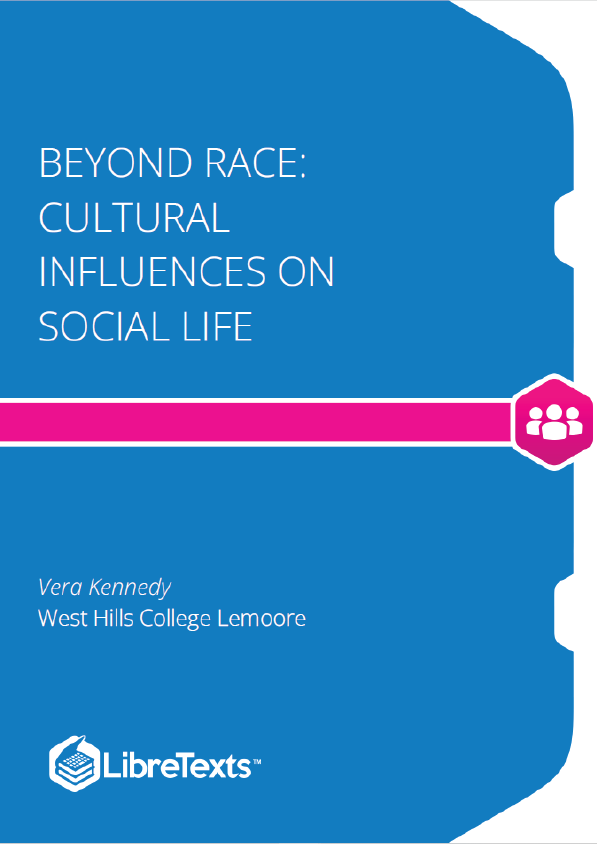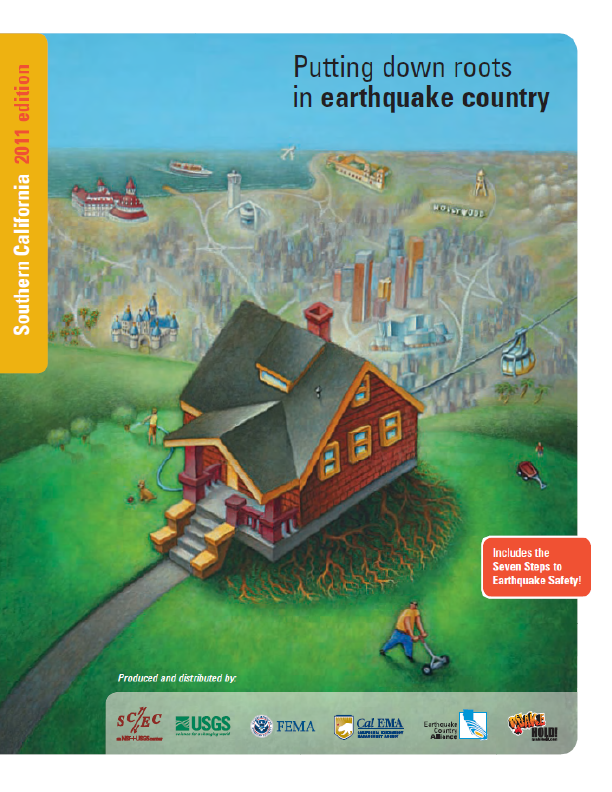The book is supported by discussion of relevant theory and research in cultural sociology. Beyond Race: Cultural Influences on Human Social Life has stressed learner-centered teaching with the instructor taking on the role of a facilitator of learning. As such, it is expected the instructor will serve as the mediator between the content of this book and learners’ understanding of material on multiple and higher levels. This book does not offer a set of rules in teaching cultural sociology, but rather suggests content and applications to consider and modify as needed by the ever-changing dynamics of instructors and learners.
Culture and Meaning At the end of the module, students will be able to:
- explain the relationship between culture and the social world
- understand the role and impact of culture on society
- describe concepts central to cultural sociology
- summarize and apply the theoretical perspectives on the study of culture
Culture is an expression of our lives. It molds our identity and connection to the social world. Whether it is our values, beliefs, norms, language, or everyday artifacts each element of culture reflects who we are and influences our position in society. If you think about how we live, communicate, think and act, these parts of our existence develop from the values, beliefs, and norms we learn from others, the language and symbols we understand, and the artifacts or materials we use. Culture is embedded into everyday life and is the attribute in which others view and understand us.
Link Between Culture and Society
Culture is both expressive and social. Neither culture nor society exist in the real world rather it is the thoughts and behaviors of people that constructs a society, its culture, and meanings (Griswold 2013). People build the world we live in including the cultural attributes we choose to obtain, exhibit, and follow. Societies communicate and teach culture as part of the human experience.
Historically, culture referred to characteristics and qualities of the fine arts, performing arts, and literature connecting culture to social status. This perspective emphasized a subculture shared by the social elite or upper class and has been historically characterized as civilized culture. This perspective within the humanities studied the “ideal type” or “high culture” of affluent social groups depicting whom was “cultured” or rather was wealthy and educated in society lending itself to a ranking of cultures in its study.
In the 19th century, anthropologist Edward B. Tyler (1871) introduced culture as a complex social structure encompassing “… knowledge, belief, art, morals, law, customs, and other capabilities and habits acquired by man as a member of society.” This definition focused on culture as a social attribute of humanity. Social scientists adopted this perspective expanding the study of culture beyond the ethnocentric elitism of “high culture.” With emphasis on human social life as a reflection of culture, social scientists sought to understand not only how culture reflects society but also how society reflects culture. These new insights inspired social scientists to examine the practices of people lending itself to a sociological perspective on culture.











